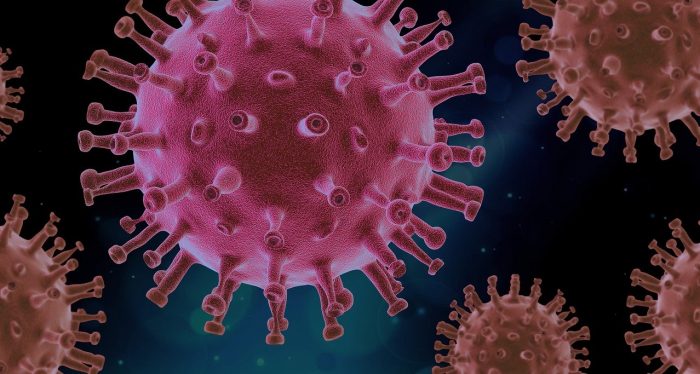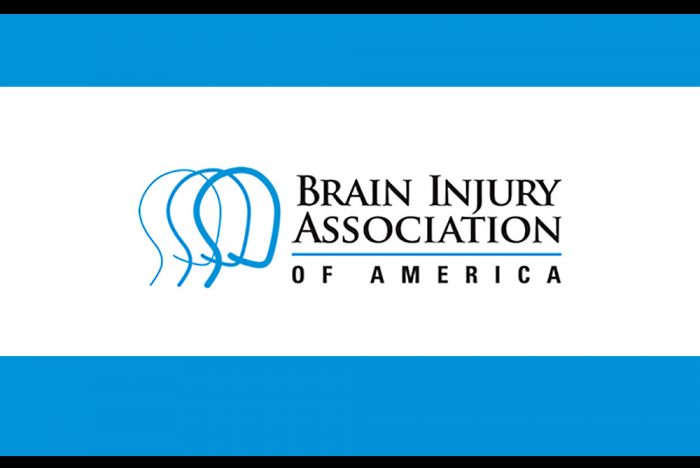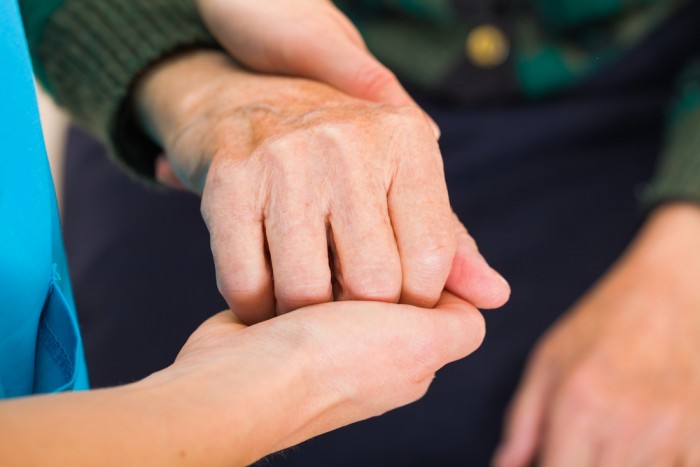Pandemic
CDC Loosens Coronavirus Guidance, Signaling Strategic Shift
BIAPA Focus Group Discussion on Brain Injury and the Impact of the COVID-19 Pandemic
The following announcement was recently released from the Brain Injury Association of Pennsylvania (BIAPA) regarding an upcoming focus group discussion for individuals with a brain injury impacted by the COVID-19 pandemic. Please share with those impacted and encourage participation, as their feedback is important.
View the announcement here.
‘People Will Die Waiting’: America’s System for the Disabled is Nearing Collapse
Cognitive Rehab May Help Older Adults Clear COVID-Related Brain Fog
Telehealth Update: OMHSAS Verbal Consent Update — Federal Telehealth Bill Passes House

Clarification for SCOs on Resuming SC In-Person Monitorings
ODP Announcement 22-085 announces clarification for Supports Coordination Organizations (SCO) on resuming Waiver and Targeted Support Management (TSM) Supports Coordination (SC) in-person monitoring. Many adjustments have been made to the Office of Developmental Programs (ODP) policy and operations during the COVID-19 pandemic. Appendix K allowed for SC services to be provided remotely during the pandemic. ODP planned to replace the Appendix K guidance with new requirements detailed in the Intellectual Disability and Autism (ID/A) Waiver renewals and the Adult Autism Waiver (AAW) amendment effective July 1, 2022, to allow for some SC individual monitoring to continue to be completed remotely.
Both the ID/A Waiver renewals and the AAW amendment are pending approval with the Centers for Medicare and Medicaid (CMS). Therefore, ODP is issuing guidance to clarify the expected requirements of individual monitorings performed by SCs. This announcement outlines the updated requirements for SC in-person and remote monitoring and obsoletes that section of Appendix K.
ODP expects SCOs that were unable to meet the June 30 deadline for completing the in-person monitoring for at-risk individuals to continue to follow their plan and communicate with the ODP regional office to ensure that all the priority individuals are seen in-person.
This announcement outlines requirements for SCOs to implement no later than October 1. For additional questions, please contact your appropriate ODP regional office.
UHS Execs Warn Payers to Keep Up with Inflation or Go Elsewhere
House Prepares To Extend Telehealth Waivers 2 Years, ATA Seeks Bill Tweaks
Department of Health Creates the Non-Traditional Infection Control Consulting (NICC) Team
The COVID-19 pandemic has highlighted the fundamental role that infection prevention and control (IPC) practices play in the delivery of safe healthcare and sustaining a strong, healthy community. The pandemic has taught us that not all healthcare settings have the same needs, abilities, or serve the same populations, and because of that, each facility may have their own set of unique IPC challenges. Behavioral health/psychiatric facilities, drug & alcohol treatment centers, and group homes have been identified as the state’s non-traditional healthcare settings, and through experience, we have learned that these sites may require additional IPC support and resources. Recognizing this need, DOH has created the Non-traditional Infection Control Consulting (NICC) Team.
The NICC Team is a group of certified, experienced infection preventionists with commitment to empowering and supporting non-traditional healthcare settings throughout the Commonwealth of Pennsylvania as they aim to reduce transmissible diseases and conditions. To assist in promoting integration of best practice IPC principles into all roles and aspects of care in these settings, the NICC Team can provide the following free of cost services:
- Infection prevention and control consultations;
- Guided facility assessments;
- Policy and guidance interpretation and recommendations (DOH, CDC, CMS, DHS, etc.);
- Education and training resources; and
- Tools and resources to support facility needs, including audit tools, checklists, and fact sheets.
Please review the more detailed information sheet about the team’s services and an introductory program flyer to share with non-traditional healthcare partners & facilities. This new resource is intended to increase awareness of IPC best practices as they aim to ensure patient safety in all PA healthcare settings.















